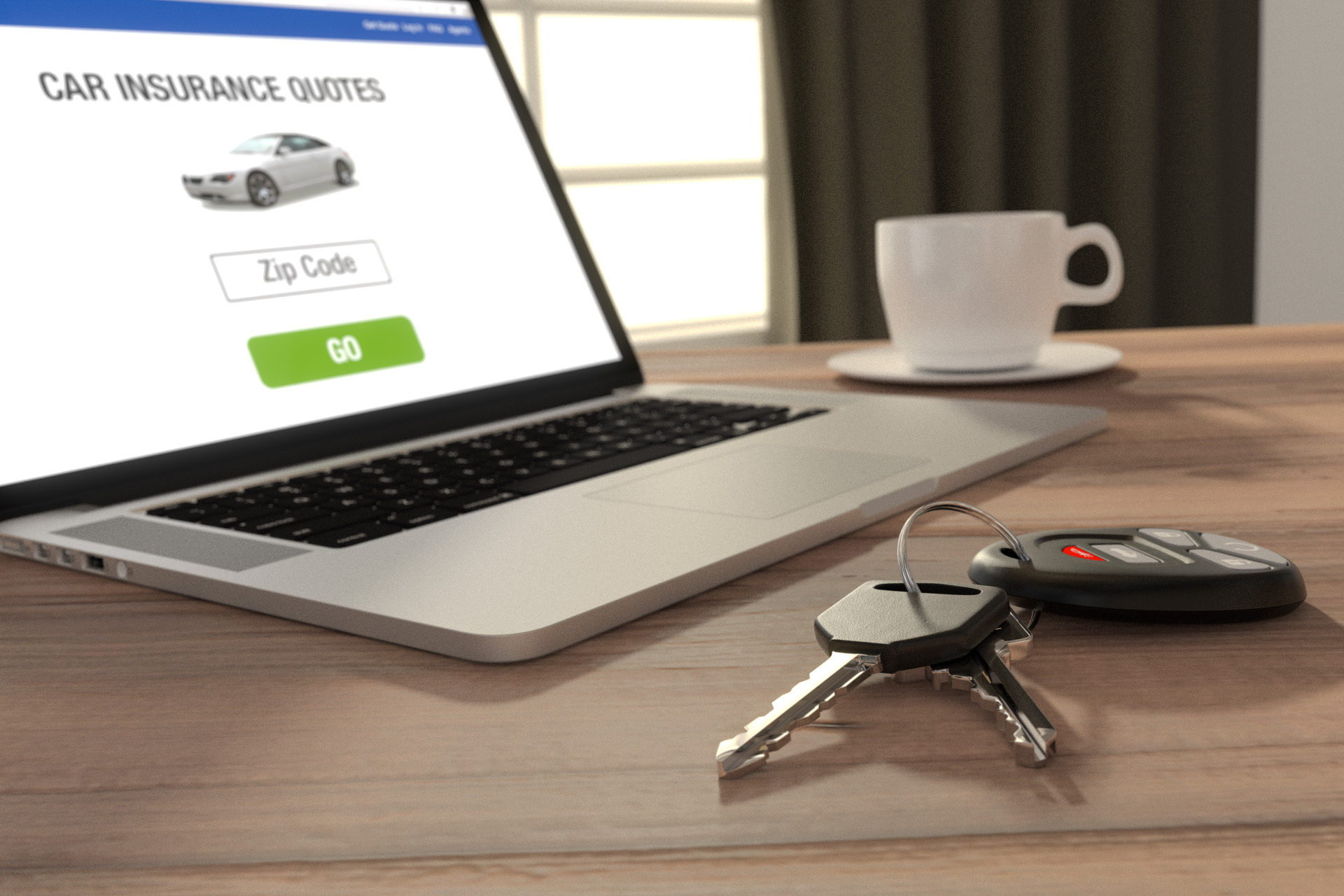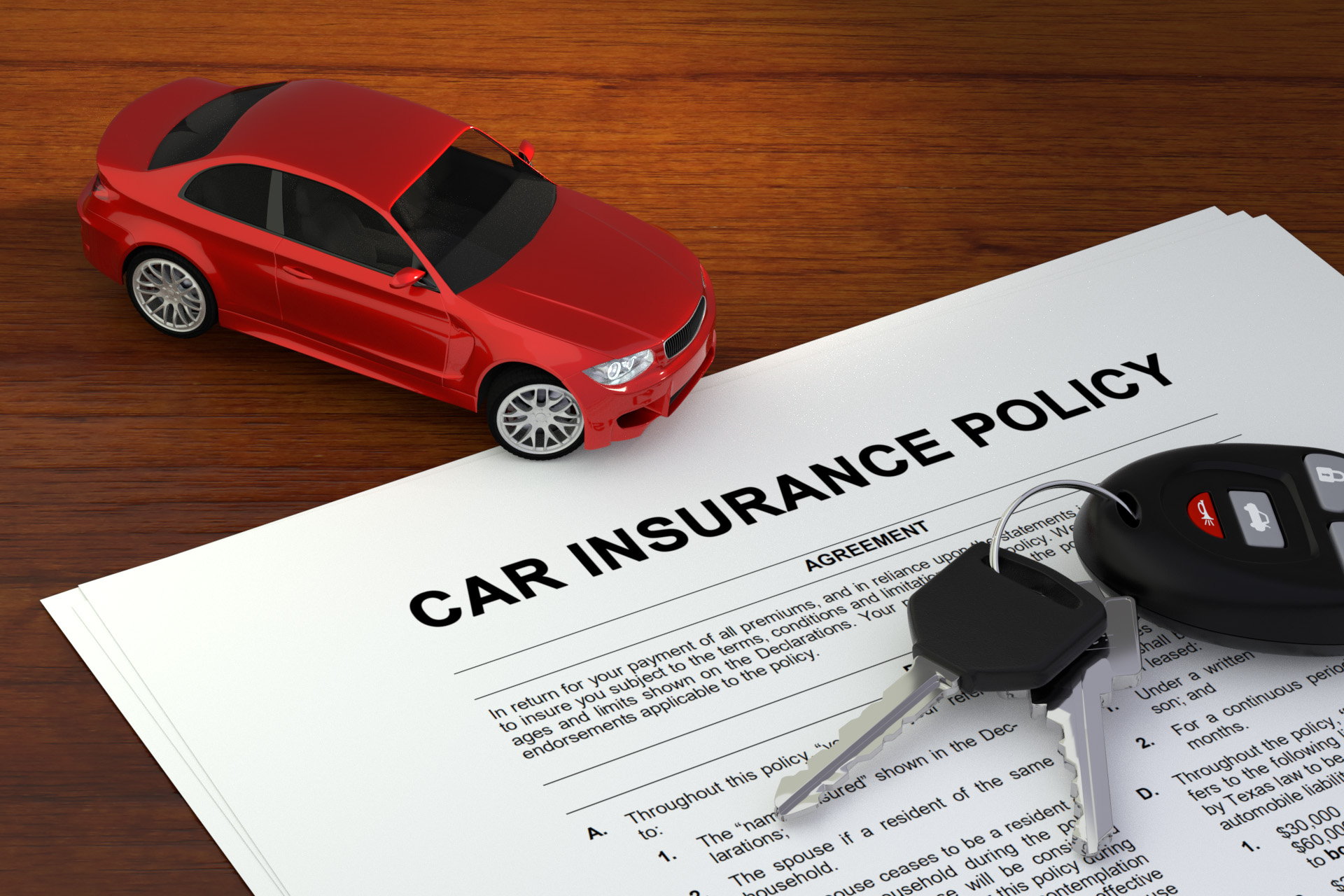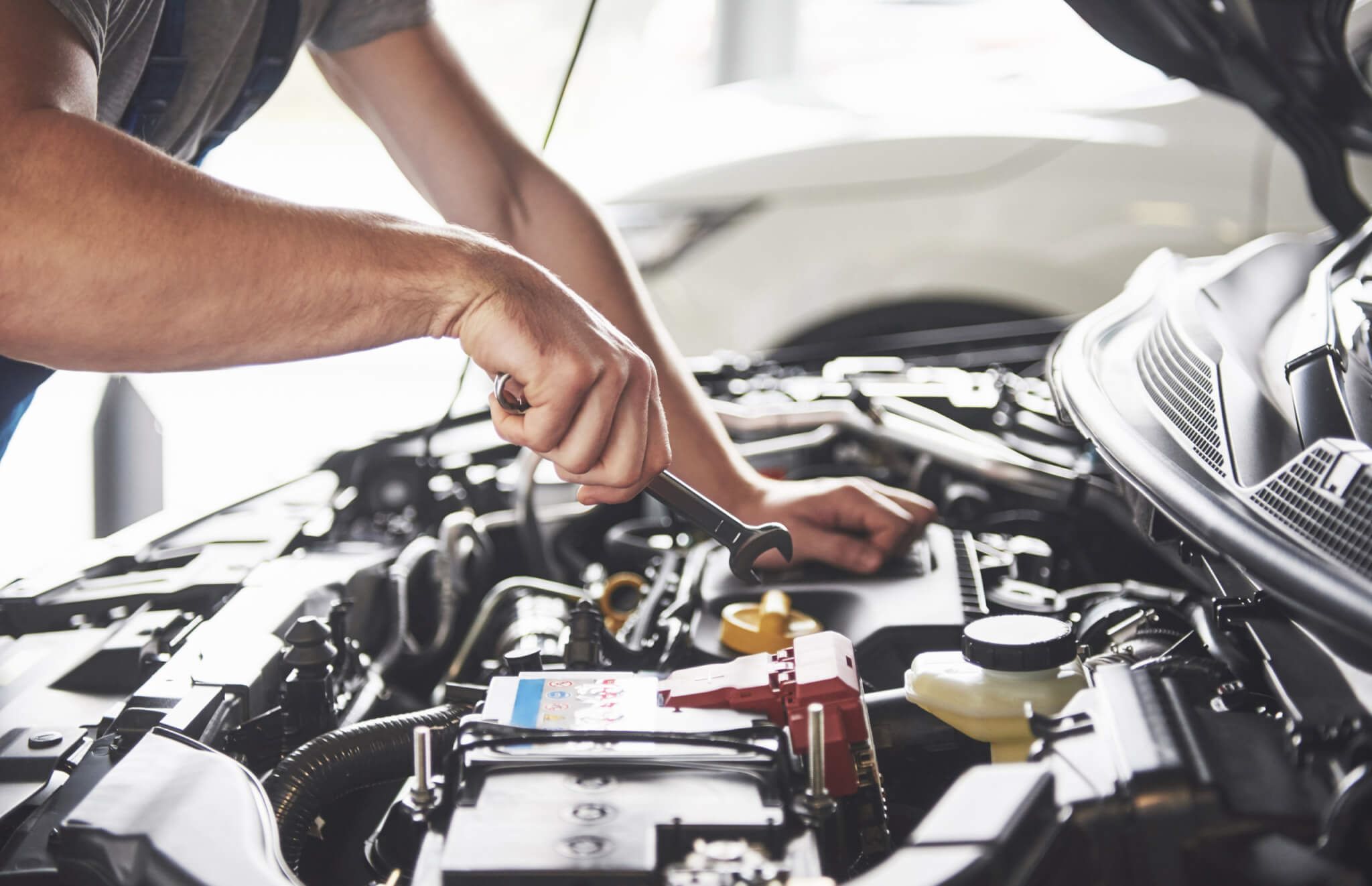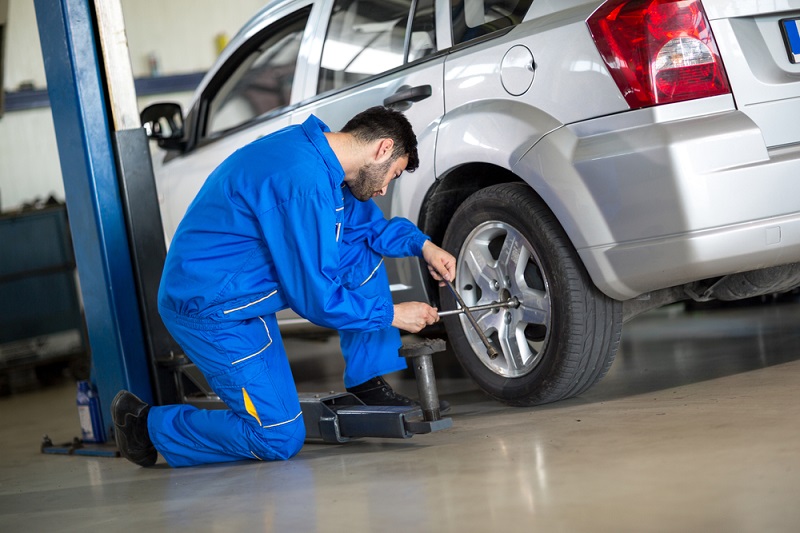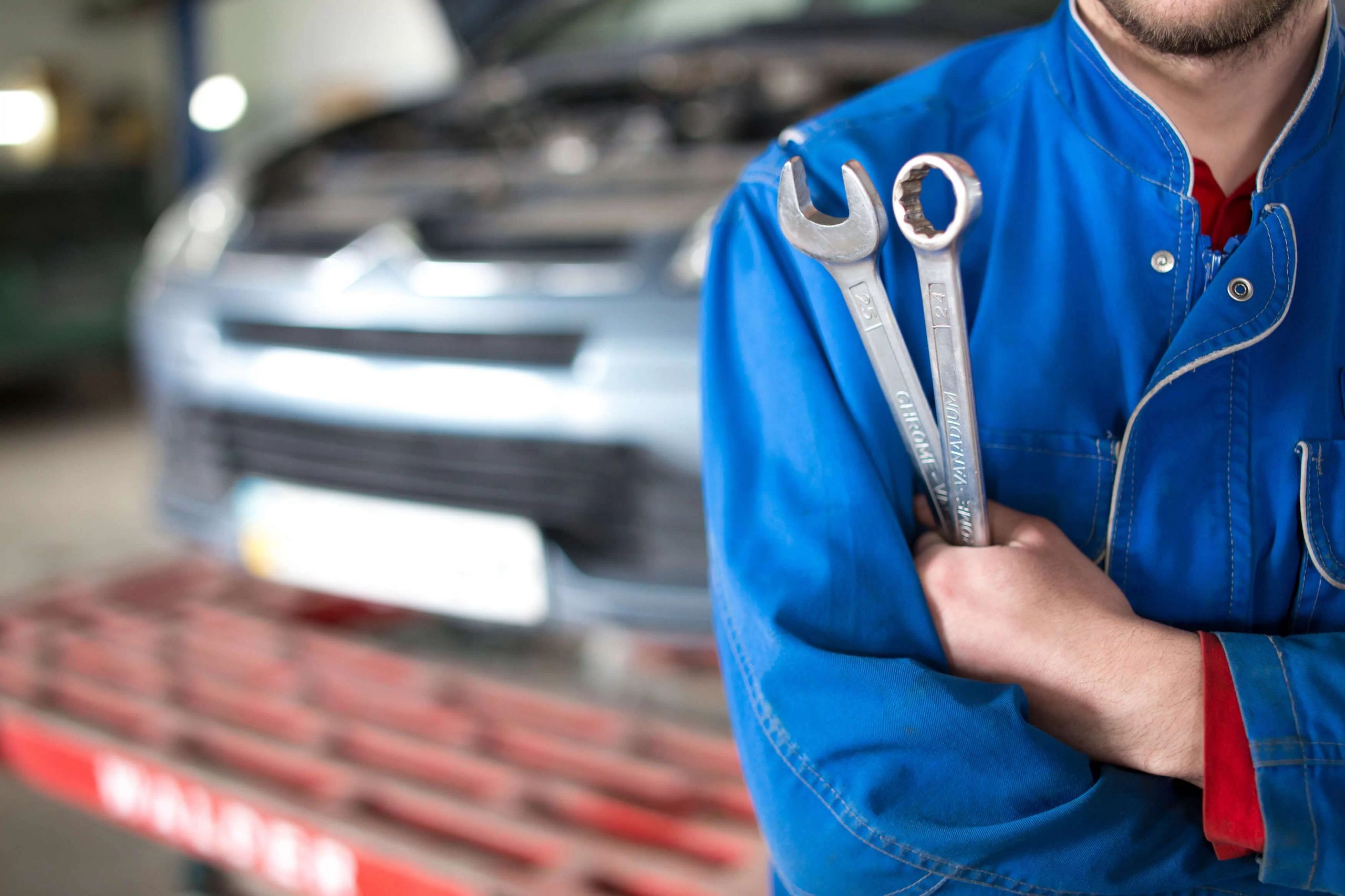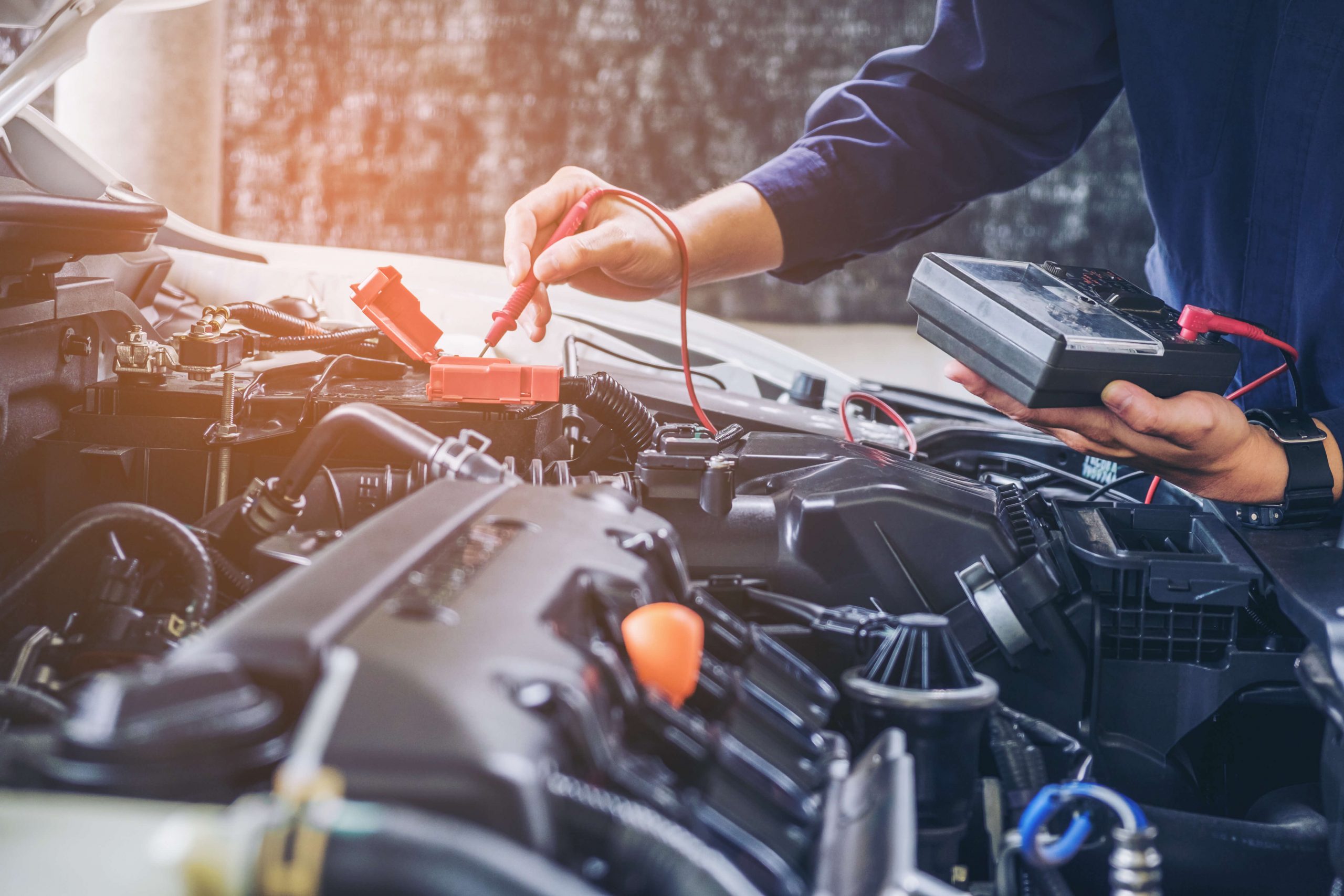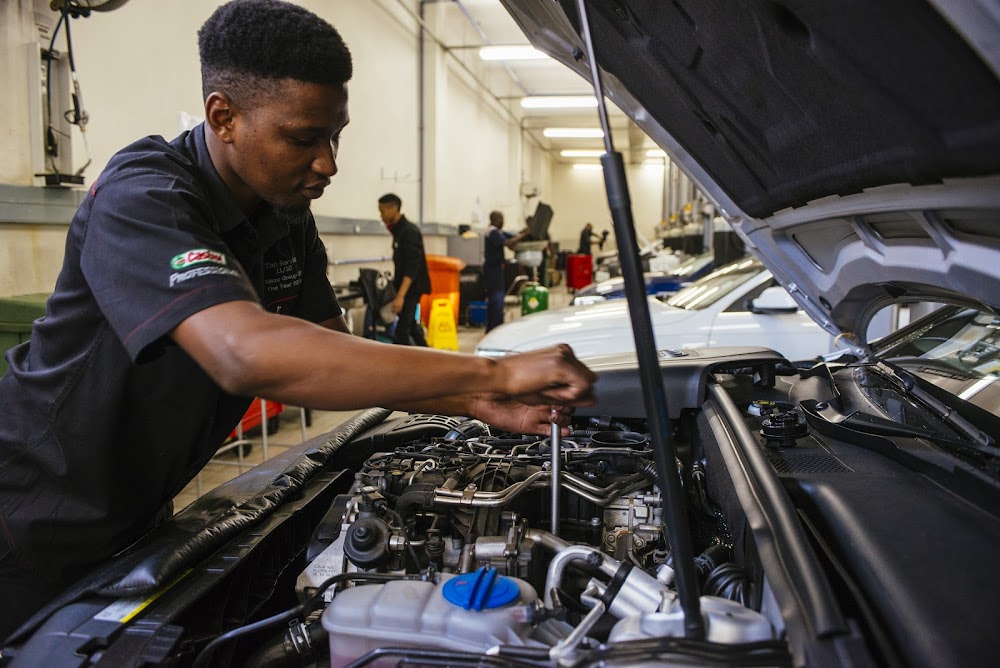Proper brake maintenance is essential for safe driving, and neglecting your brakes can put you and your passengers at risk. The braking system is one of the most critical components of your vehicle, and regular maintenance is necessary to ensure its optimal performance. In this article, we will discuss the importance of regular brake maintenance and provide tips on how to identify common brake issues.
Why Brake Maintenance is Important
Your brakes are responsible for stopping your vehicle, and any failure in the braking system can lead to a serious accident. Regular brake maintenance ensures that your brakes are working correctly, giving you confidence in your vehicle’s ability to stop when necessary. Brake maintenance also helps to prolong the life of your brakes, saving you money in the long run.
Common Brake Issues
Several common brake issues can occur, and it’s essential to identify these issues before they become more severe. Some of the most common brake problems include:
- Worn Brake Pads: Brake pads wear down over time and need to be replaced periodically. If you hear a screeching or grinding noise when braking, it’s a sign that your brake pads are worn and need to be replaced.
- Rotor Damage: Over time, the rotors can become warped or damaged, causing vibrations when braking. If you feel a pulsing or shaking when braking, it’s a sign that your rotors need to be resurfaced or replaced.
- Brake Fluid Leaks: Brake fluid leaks can cause a soft or spongy brake pedal, which can compromise your ability to stop. If you notice a fluid leak near the wheels or under the vehicle, it’s essential to have your brakes inspected as soon as possible.
How to Identify Brake Issues
Identifying brake issues early on can help prevent more severe problems down the road. Here are some common signs that your brakes need attention:
- Squeaking or Grinding Noise: If you hear a high-pitched squeaking or grinding noise when braking, it’s a sign that your brake pads are worn down and need to be replaced.
- Vibrations: If you feel a pulsing or shaking when braking, it’s a sign that your rotors are damaged or warped.
- Soft or Spongy Brake Pedal: If your brake pedal feels soft or spongy, it’s a sign that there is air in the brake lines or a brake fluid leak.
- Brake Warning Light: If your brake warning light illuminates on your dashboard, it’s a sign that there is an issue with your braking system.
Brake Maintenance Tips
Here are some tips on how to maintain your brakes and keep them in good working order:
- Have your brakes inspected regularly: It’s recommended to have your brakes inspected every six months or 6,000 miles to identify any issues early on.
- Replace brake pads and rotors when necessary: Brake pads should be replaced when they reach the minimum thickness specified by the manufacturer, and rotors should be resurfaced or replaced if they are damaged.
- Use high-quality brake pads and rotors: Using high-quality brake pads and rotors can help prolong the life of your braking system.
- Keep your brake fluid level topped up: Brake fluid should be checked regularly and topped up as necessary to ensure proper braking performance.
Regular brake maintenance is critical for safe driving and can help prevent more severe problems down the road. By following the tips outlined in this article, you can keep your brakes in good working order and ensure optimal performance. Remember to have your brakes inspected regularly, replace worn brake pads and rotors, and use high-quality components to prolong the life of your braking system.




